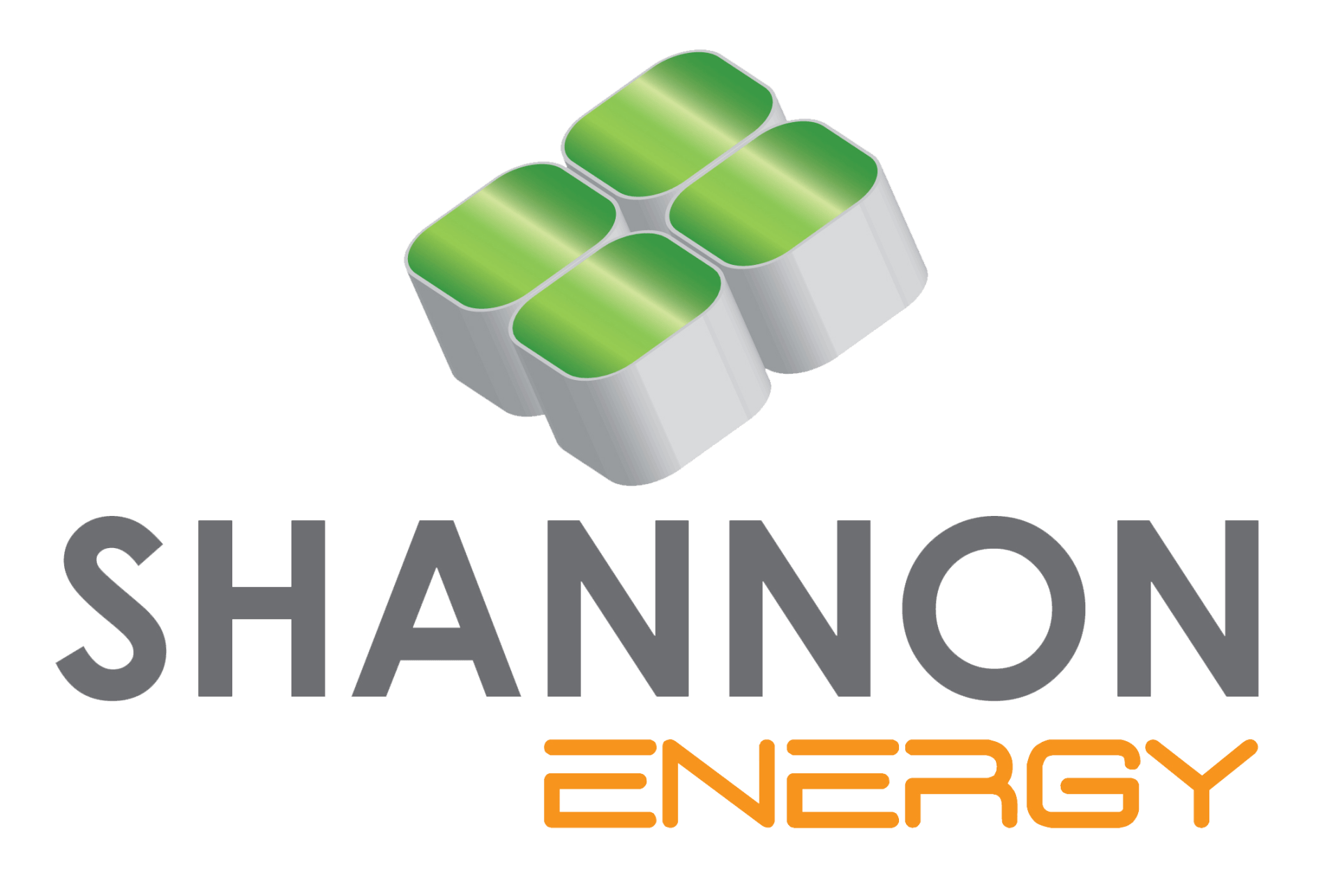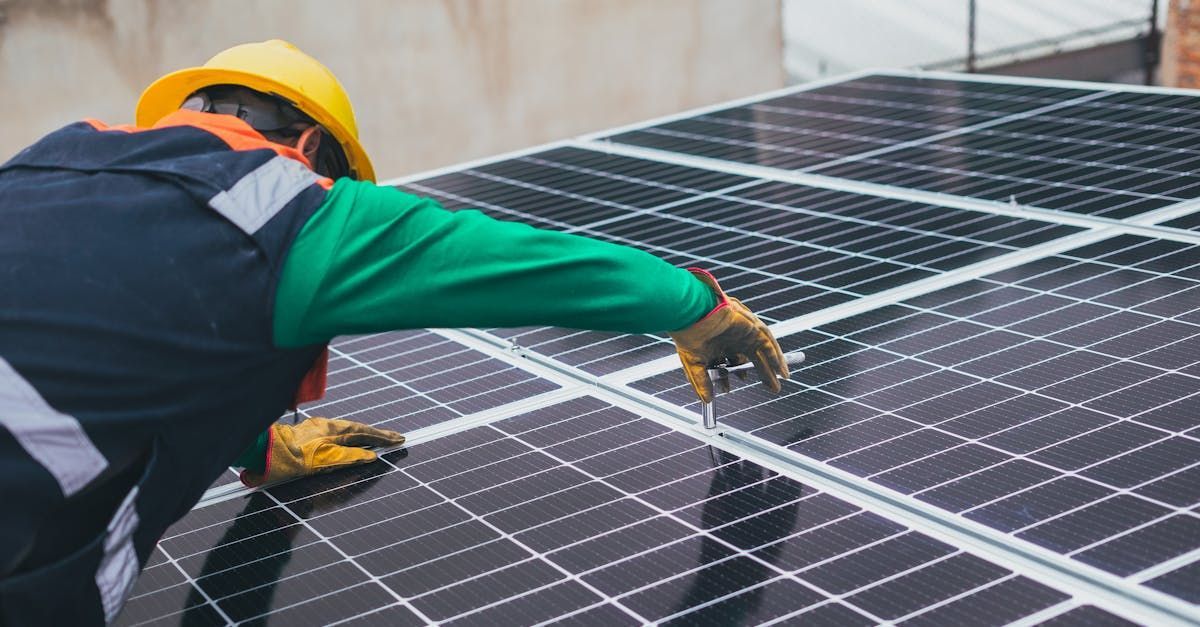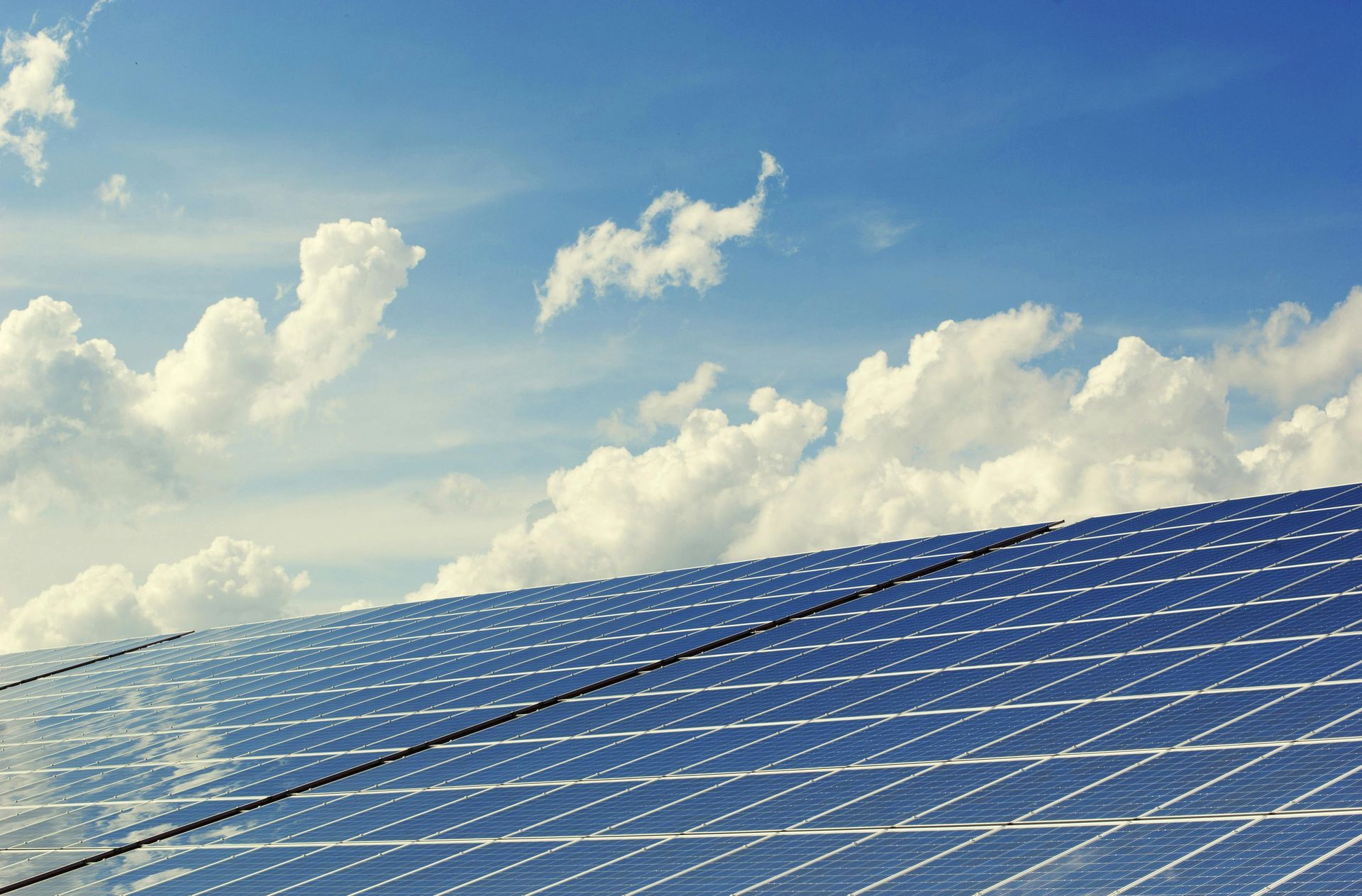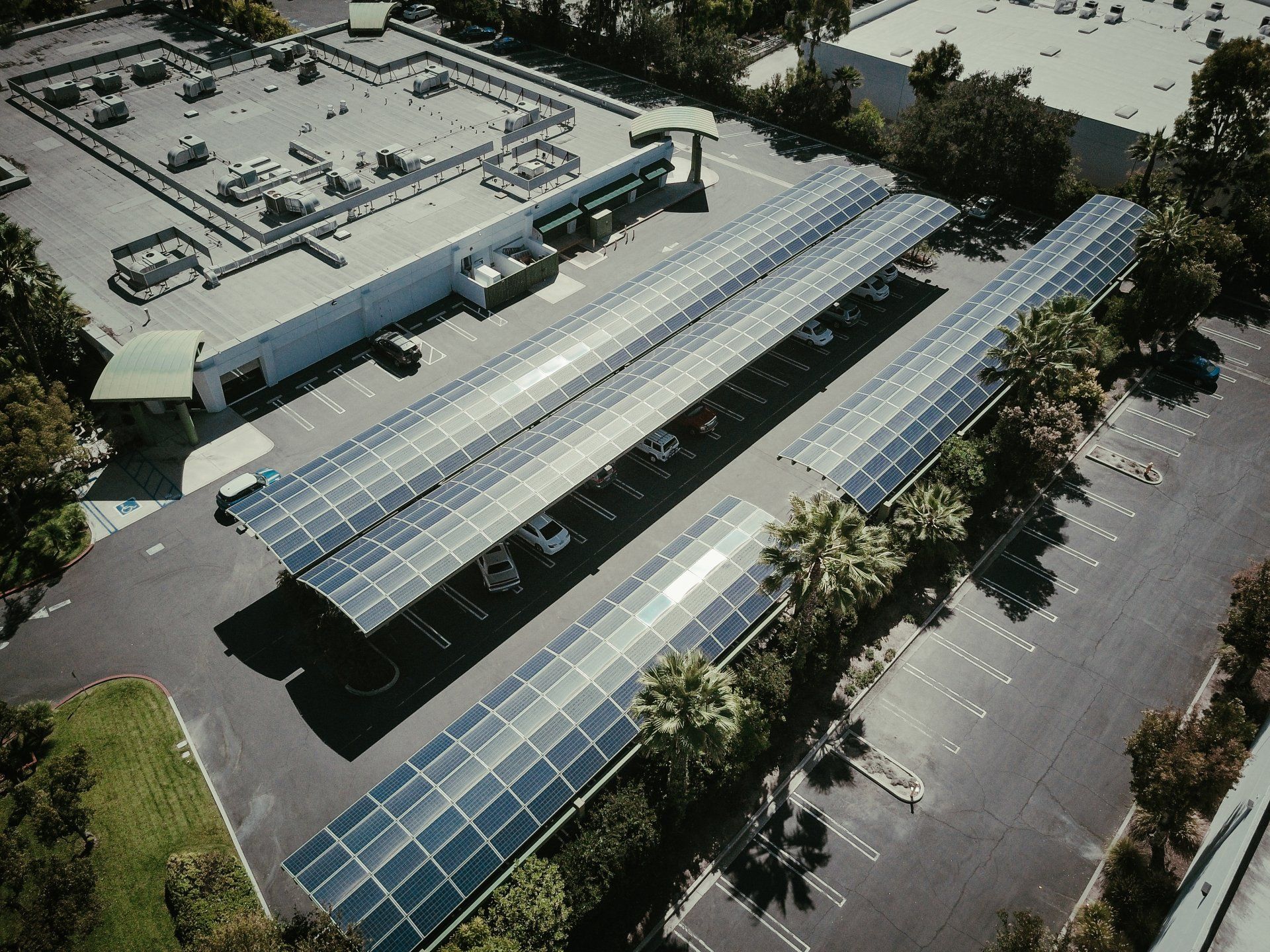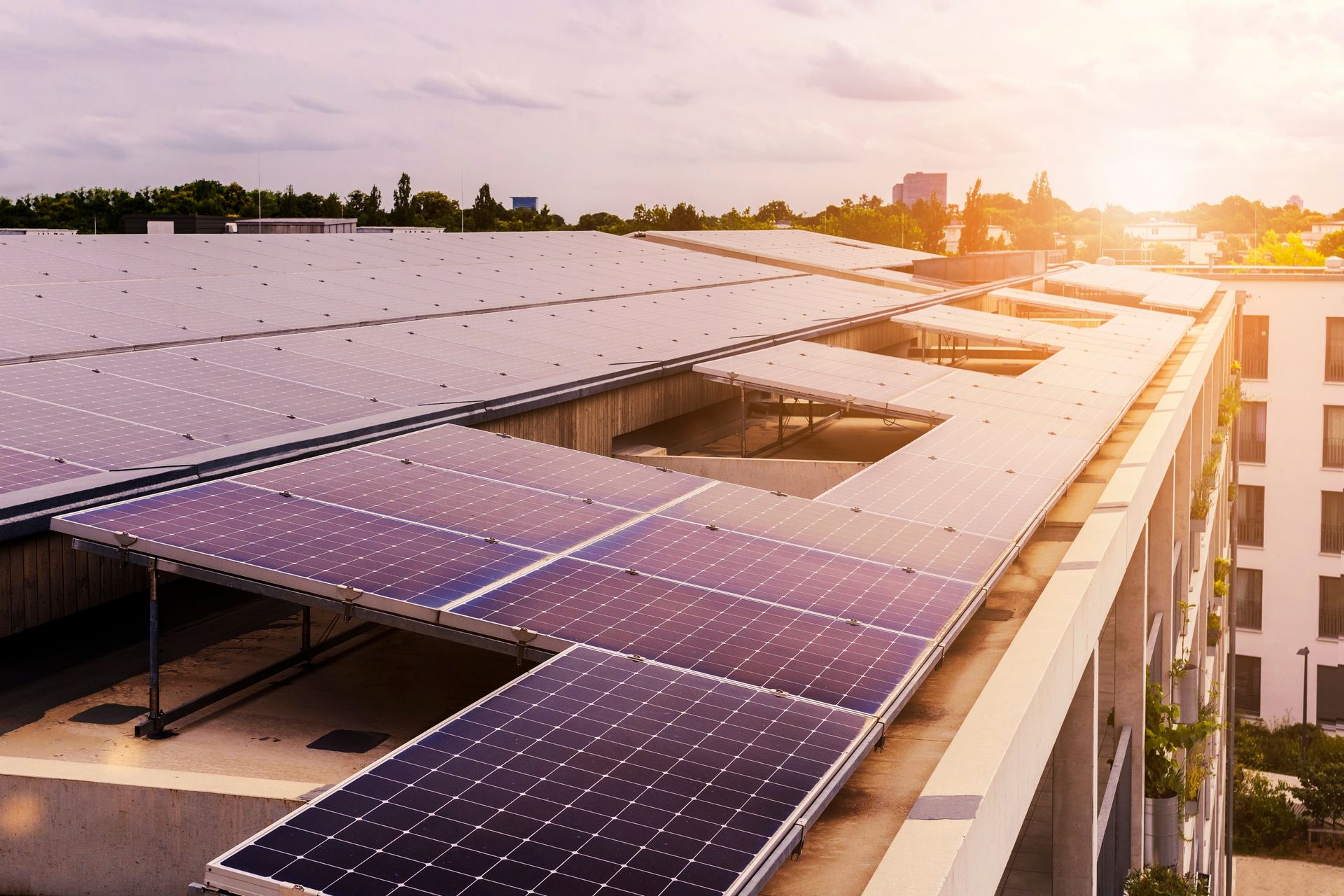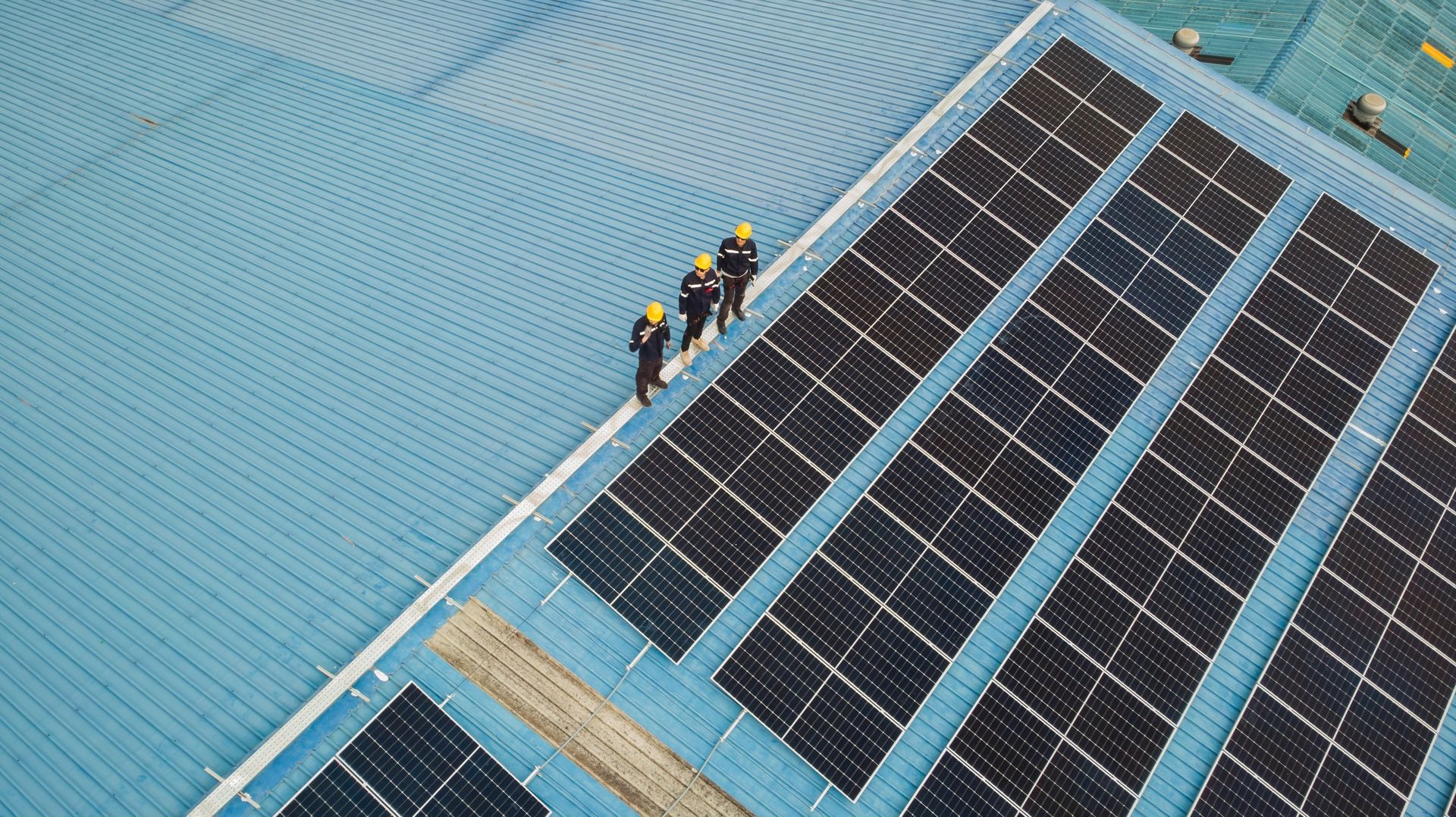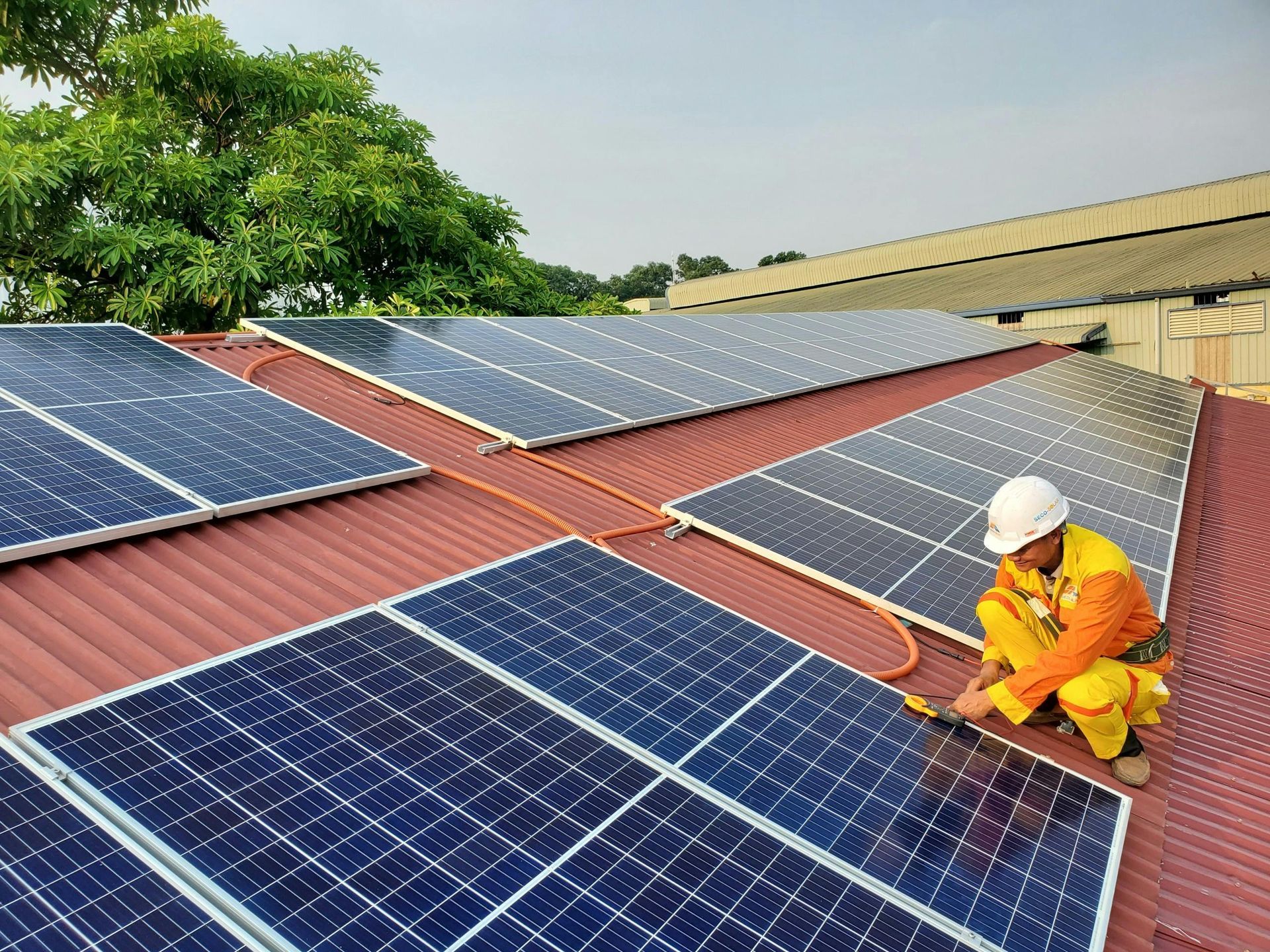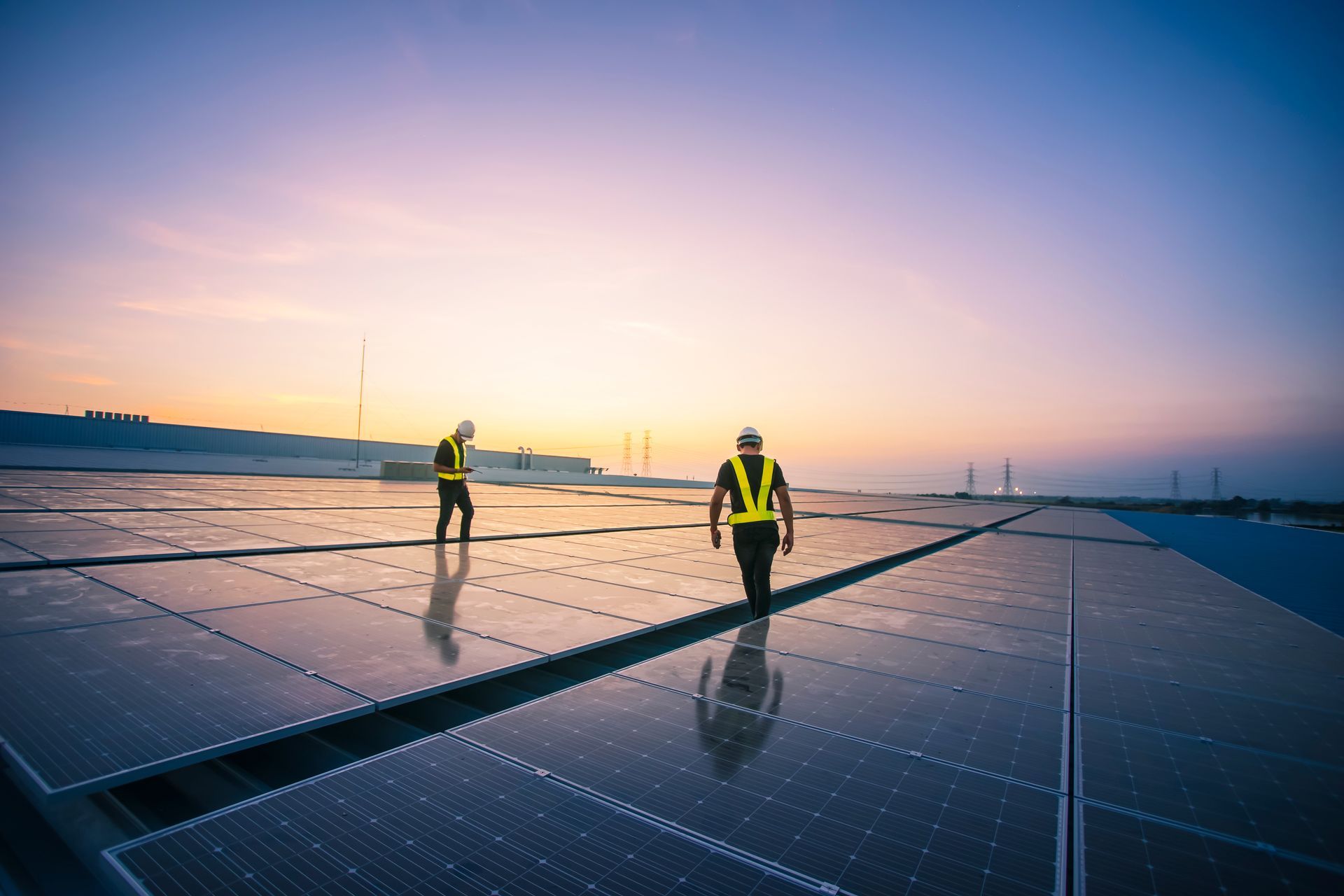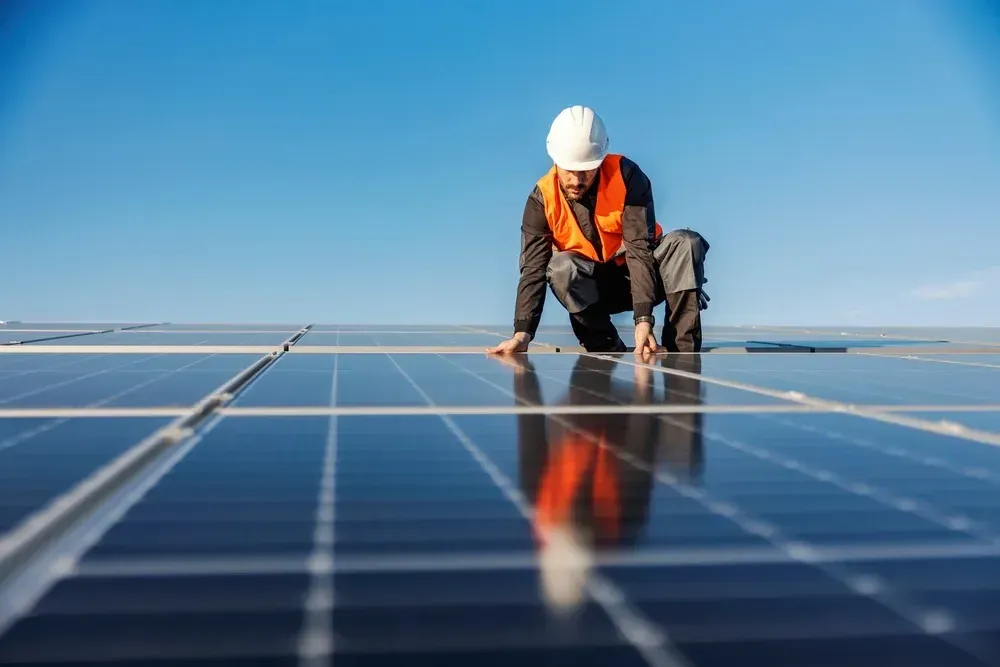Learn how an energy audit could generate big savings for your business
An energy audit is a systematic process that assesses an organisation's energy use and identifies opportunities to improve energy efficiency, reduce costs, and minimise environmental impact. It provides a detailed analysis of energy consumption across operations, facilities, and equipment, offering actionable recommendations for improvement. An energy audit will generate a full report for your organisation, covering everything from the smaller jobs like installing LED lights across your organisation (if you haven’t already done so!) to the bigger jobs of installing solar panels or improving insulation.
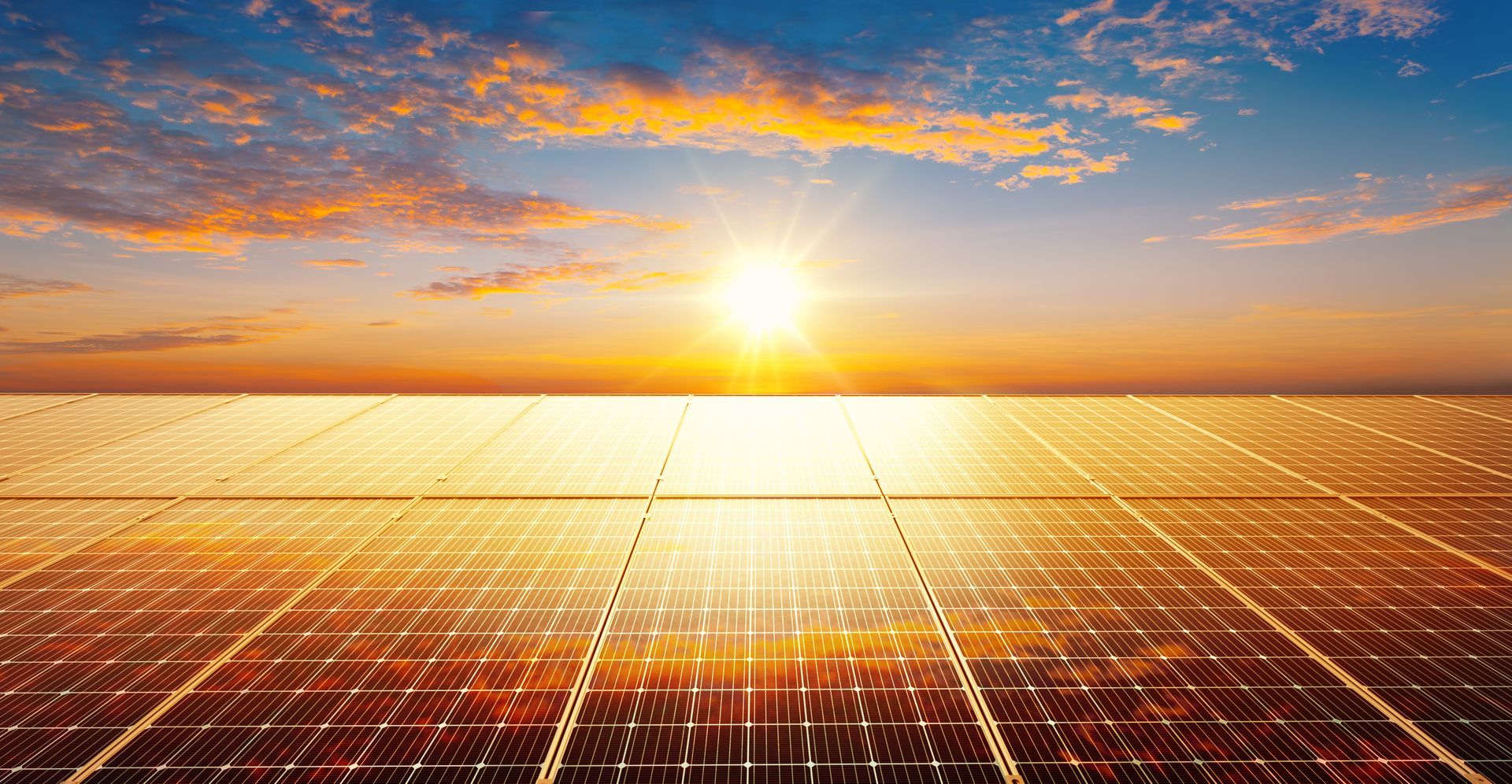
Key Components of an Energy Audit
- Data Collection and Analysis:
- Assessing utility bills, energy meters, and historical consumption patterns.
- Identifying energy-intensive processes, equipment, or systems.
2. Site Inspection:
- Evaluating the condition of facilities, HVAC systems, lighting, machinery, and insulation.
- Identifying inefficiencies like leaks, outdated equipment, poor operational practices and utilising more peak electricity than necessary.
3. Energy Efficiency Recommendations:
- Proposing measures such as equipment upgrades, renewable energy installations, or operational changes.
4. Cost-Benefit Analysis:
- Estimating the savings, payback periods, and return on investment (ROI) for each recommendation.
5. Implementation Plan:
- Creating a roadmap for integrating improvements, including timelines and budgets.
Types of Energy Audits
There are a variety of energy audits available, depending on the organisation's appetite for change. For organisations with high energy consumption, there is an energy audit voucher available from SEAI, which in many cases covers the full cost of the audit: www.seai.ie/grants/business-grants/energy-audits
- Preliminary Audit: A high-level overview of energy use to identify major inefficiencies.
- Detailed Audit: A comprehensive evaluation that includes in-depth measurements and analysis.
- Investment-Grade Audit: Provides detailed data and financial projections to support significant capital investments.
How Can an Energy Audit Impact Your Organisation?
1. Financial Benefits
- Reduced Energy Costs: Identifying and addressing inefficiencies can lower energy bills.
- Improved ROI: Investments in energy-saving technologies often yield long-term savings.
2. Operational Efficiency
- Enhances the performance and lifespan of equipment through maintenance or upgrades.
- Optimises resource allocation, reducing downtime and operational bottlenecks.
3. Environmental Benefits
- Lowers greenhouse gas (GHG) emissions by reducing energy consumption.
- Facilitates compliance with environmental regulations and carbon reduction targets.
4. Strategic Planning
- Supports informed decision-making for future energy investments, including renewable energy sources like solar or wind, which reduce electricity and gas consumption.
- Aligns energy management with corporate sustainability goals.
- Supports international climate change progress and peer-learnings through organisations such as Science Based Targets (www.sciencebasedtargets.org)
5. Compliance and Certification
- Helps meet legal obligations, such as Ireland’s Energy Efficiency Obligation Scheme (EEOS).
- Contributes to achieving certifications like ISO 50001 (Energy Management Systems).
6. Employee and Stakeholder Engagement
- Demonstrates a commitment to sustainability, improving stakeholder trust and employee morale.
- Encourages a culture of energy awareness within the organisation.
Why Should Your Organisation Conduct an Energy Audit?
- To gain a competitive edge by lowering operational costs.
- To comply with regulatory frameworks and avoid potential fines.
- To future-proof operations against rising energy prices.
- To position the organisation as a leader in sustainability, enhancing brand reputation.
Conducting an energy audit is a strategic investment that provides insights into how energy is used and opens opportunities for operational and environmental improvements. Get in touch today if you’d like to understand more about how your organisation uses energy and where cost and carbon savings could be made.
Kale@ShannonEnergy.com will be happy to answer any questions and help you start your energy efficiency journey today.

All Rights Reserved | Shannon Energy
